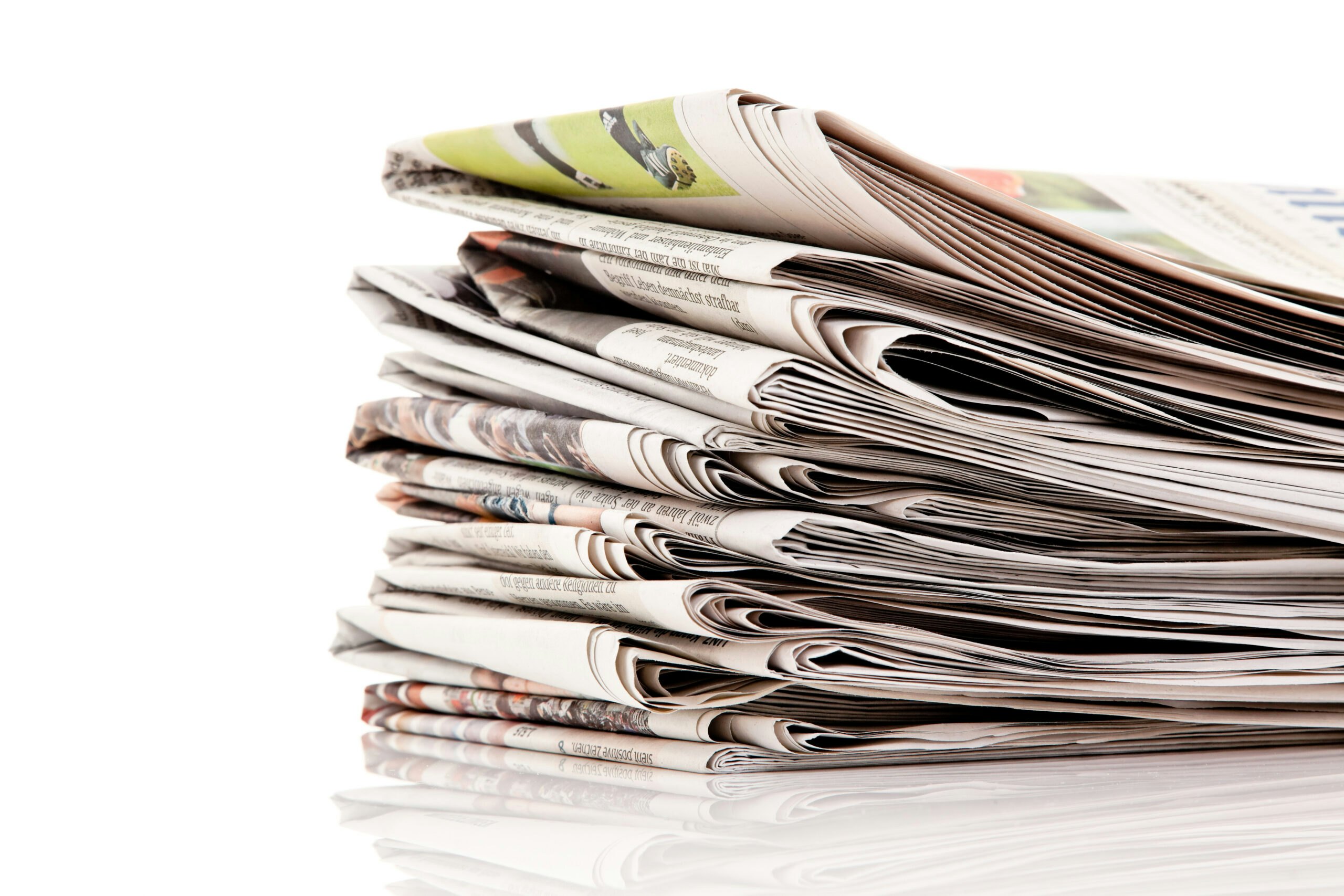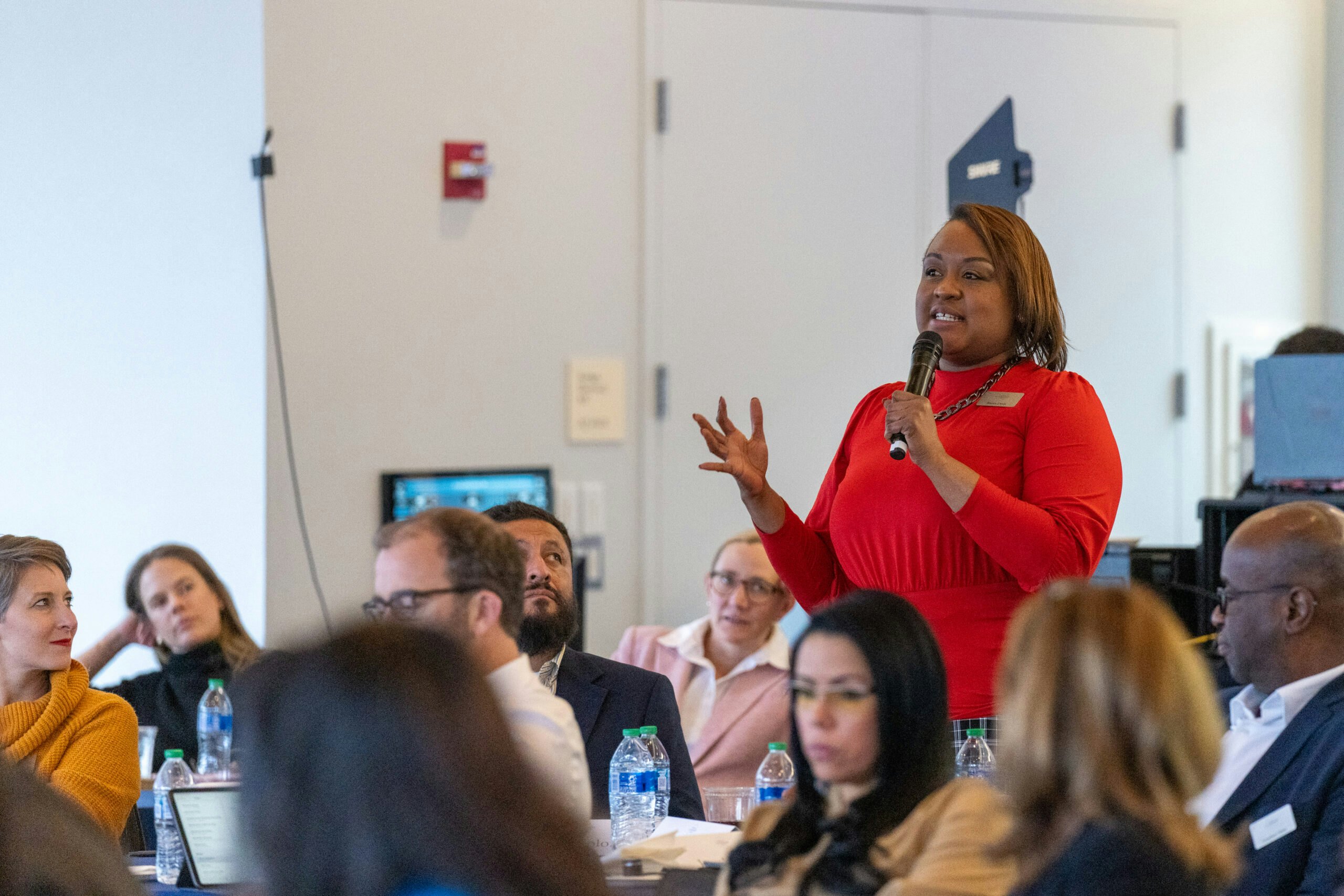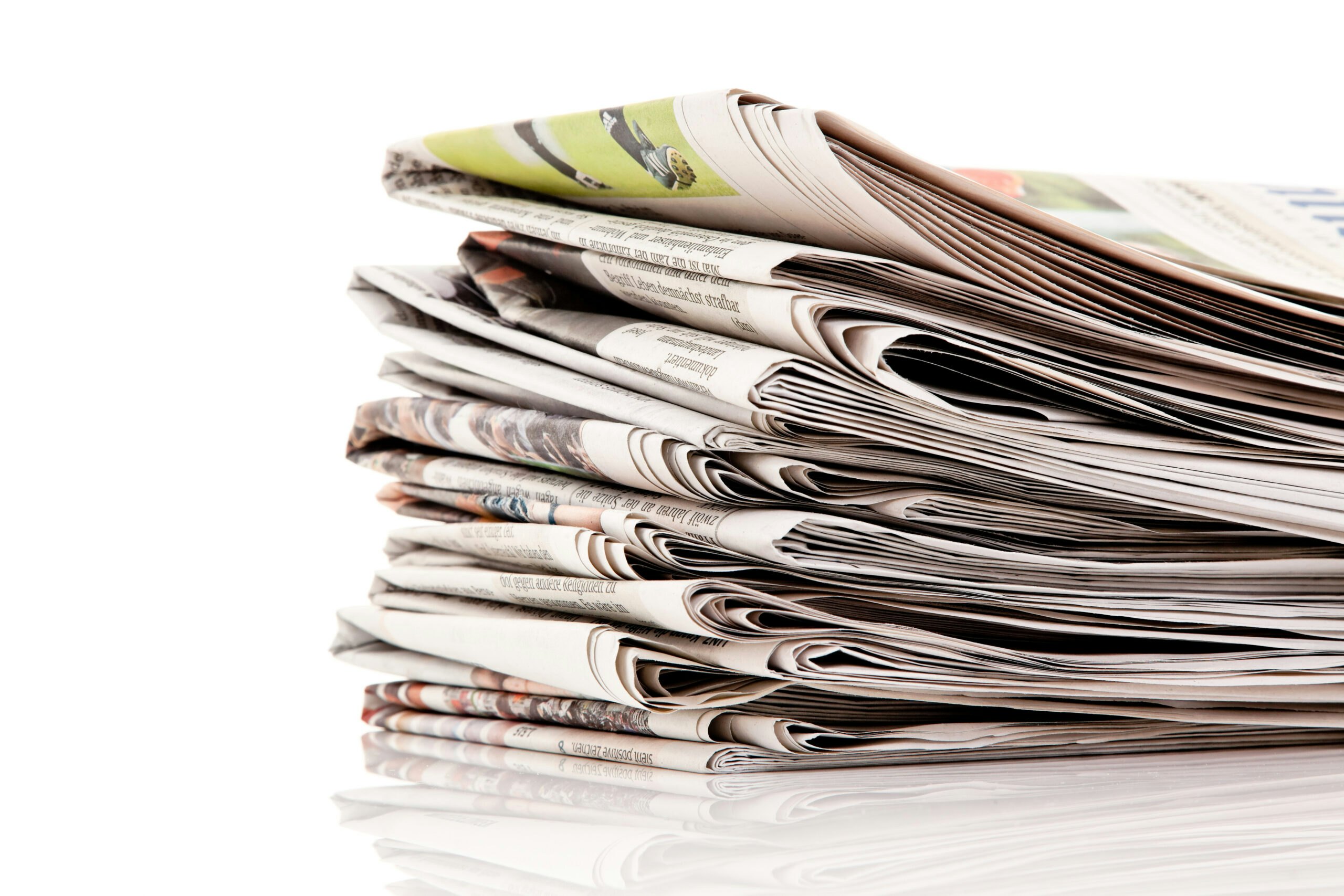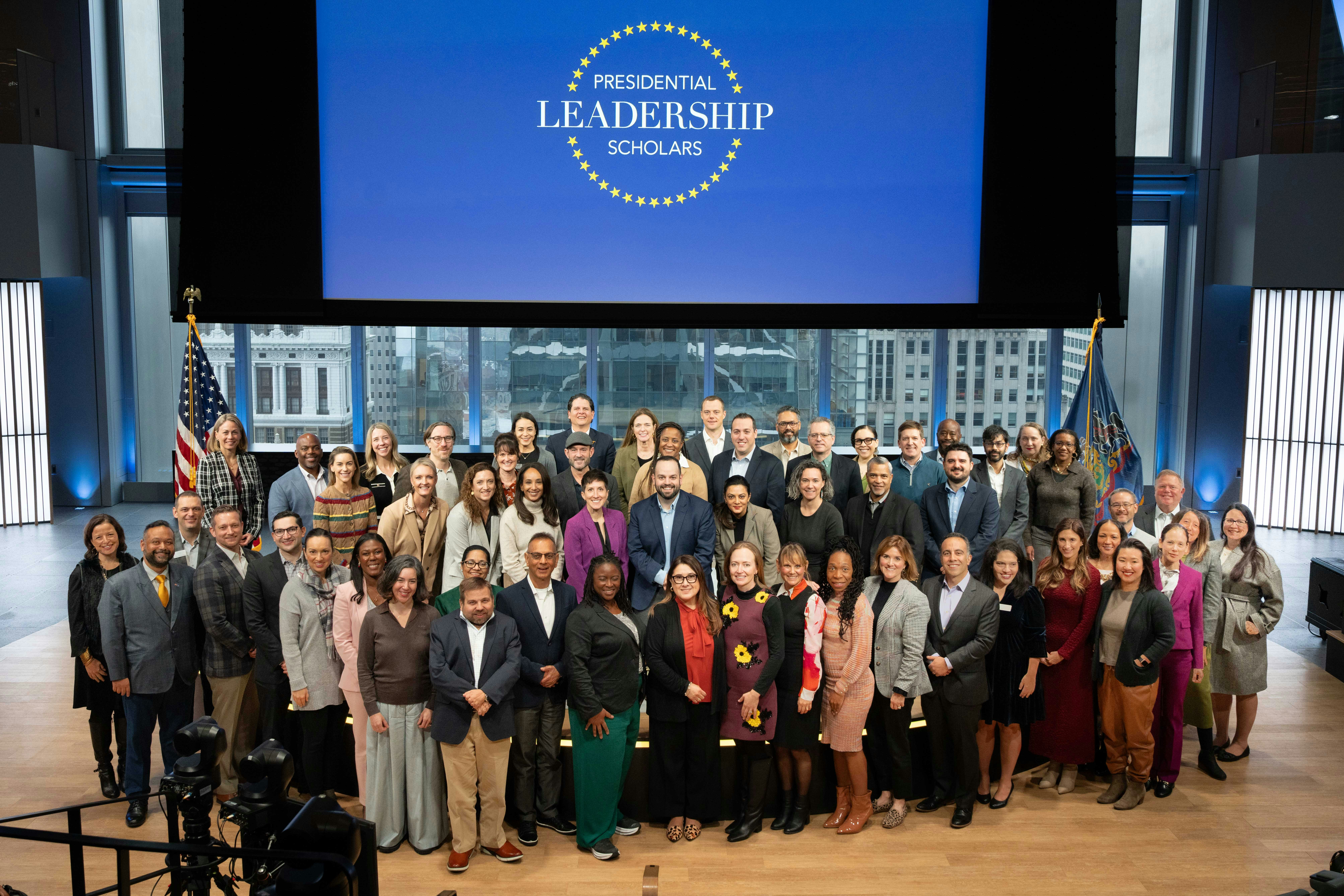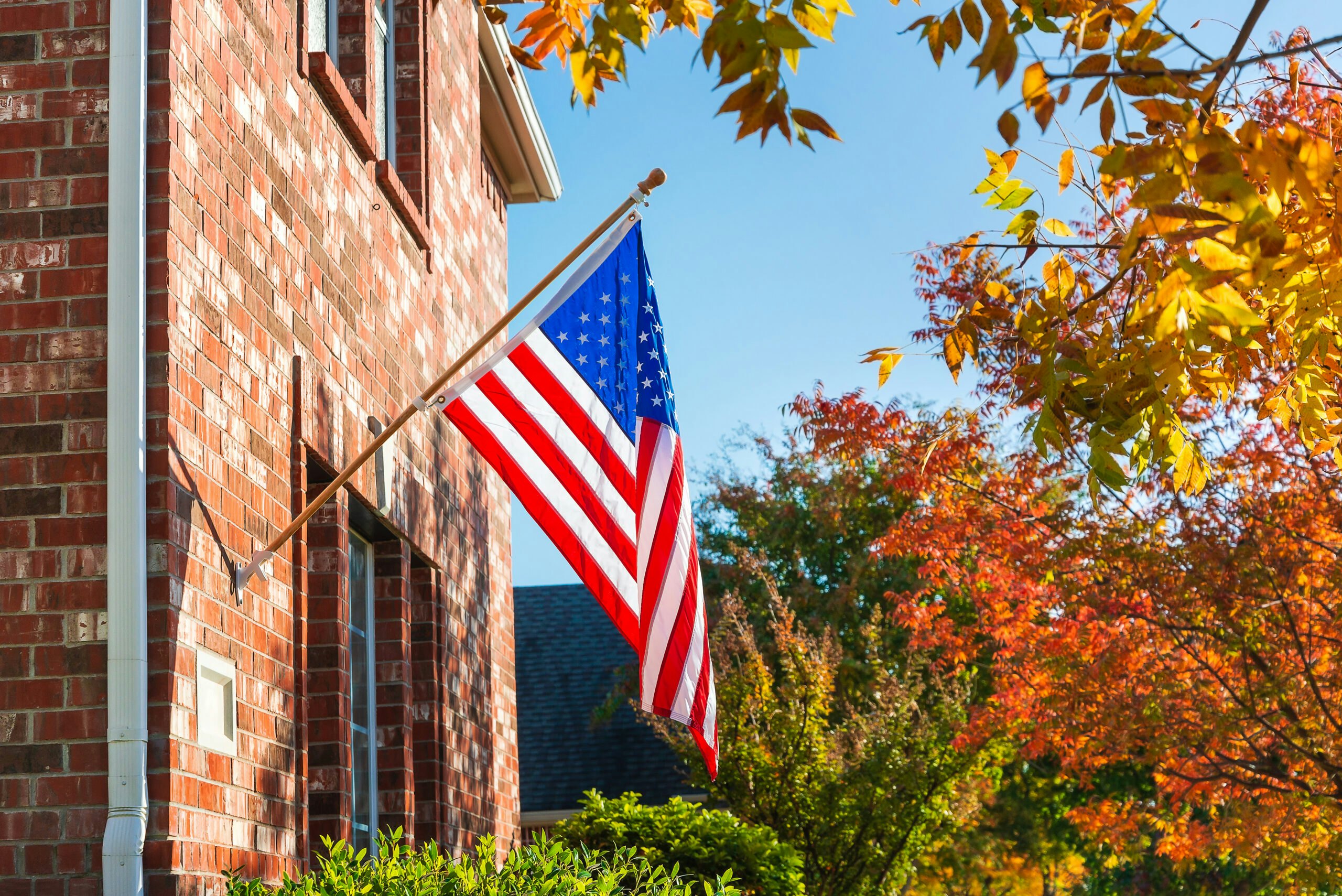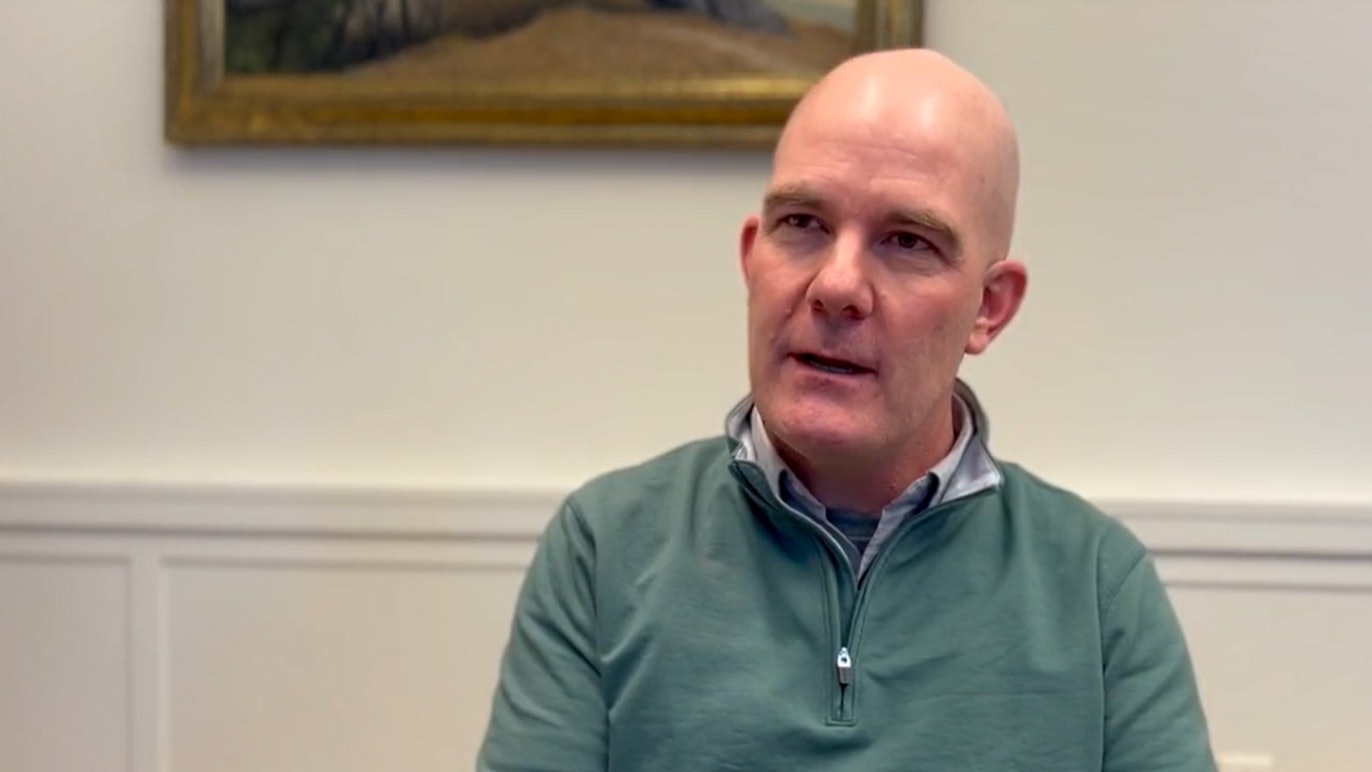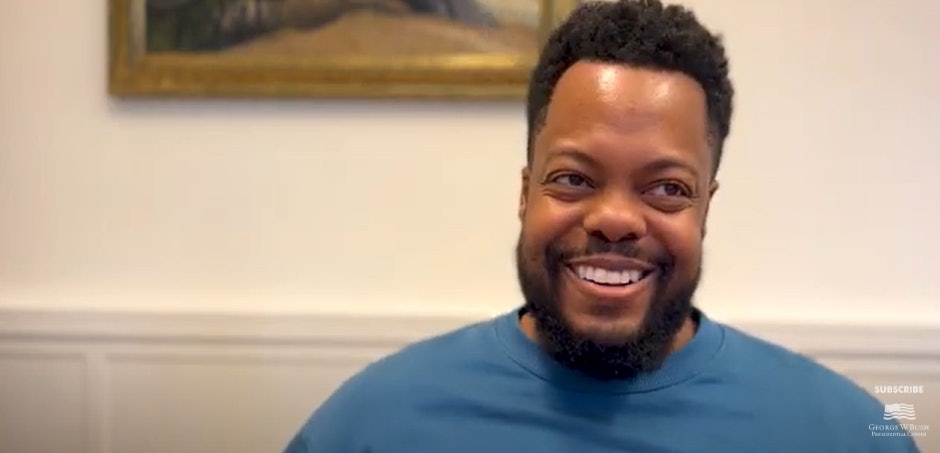Pluralism: Tolerance for individuals or groups who have different backgrounds, views, or beliefs. Pluralism provides space for them to express views and practice their beliefs without reprisal – even when they conflict with others.
Media pluralism: The practice of incorporating a variety of views, experiences, and backgrounds in a news organization to avoid a singular culture and groupthink.
Traditional media: News organizations that serve readers, viewers, and/or listeners through print and digital sites, television, or radio. Traditional media are sometimes referred to as “mainstream media.”
Social media: Websites and other forms of internet-based communication that allow users to share information, videos, personal messages, and other content through a virtual network.
Newsroom: The part of a news organization where reporters work with editors in gathering local, state, national or international news, including information from the worlds of sports, science, the arts, and other coverage priorities.
Editorial department: The part of a news organization in which editorial writers work with editors in writing unsigned editorials that reflect the views and values of the newspaper. The department also coordinates the work of staff opinion columnists, freelance and syndicated columnists, and letters to the editor. Some newspapers also produce opinion videos.
Newsroom reporters: Journalists whose job is to be as objective as possible in reporting a story. Their work requires interviewing a range of sources, listening to those sources with an open mind, being curious about and researching the subject, and working with editors to check a reporter’s facts and potential biases.
Opinion journalists: Writers whose job is to analyze and comment upon a news story or public policy. Some opinion writers author their newspaper’s unsigned editorials. Some may both write editorials and their own signed columns that reflect their own views. Others are columnists who may work for a newspaper, be part of a collection of columnists known as a syndicate, or work as a freelance writer with expertise in a subject.
Editors: Journalists whose job is to oversee news coverage of a certain area of the news organization or perhaps as editor of the entire newsroom. Opinion pages also have editors whose job is to oversee the editorial department’s work.
Fact-checkers: Journalists whose job is to check the accuracy of their own media organization’s reported facts. Some fact-checkers also work for organizations that track the truthfulness of statements that politicians make.



